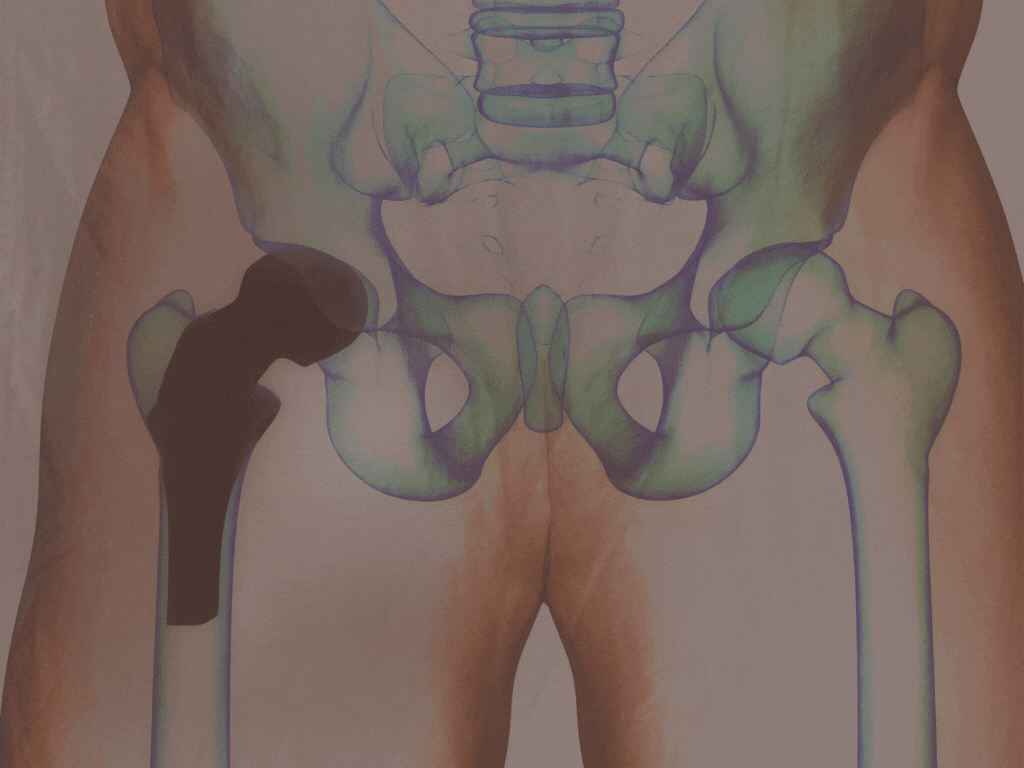Delhi: Manipal Hospital,Sector 6 adjoining MTNL building, Main Rd, Dwarka, New Delhi, Delhi 110075
Gurugram: Wellness clinic, C 315, Nirvana courtyard, Nirvana country, Gurugram

Click Here: Book your appointment for Consultation on Hip Replacement Surgery with Dr. Rajeev Verma